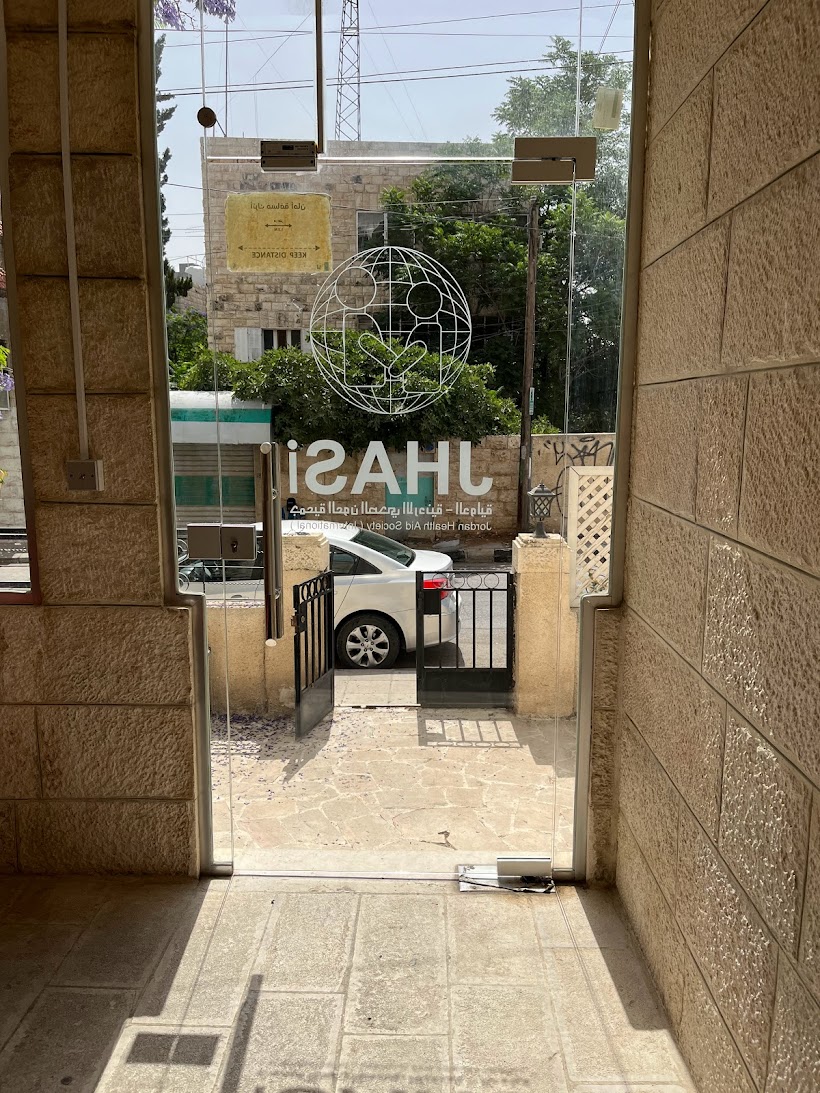
What Do We Owe to Refugees?
This study abroad program in Jordan included an internship component with Jordan Health Aid Society International (JHASi). With this organization, I had the opportunity to visit the Za’atari Refugee Camp to observe the health professionals at the Women’s Clinic and the Mental Health Clinic. Even though I am not on the pre-medical track, I learned a lot from the professionals at the camp.
My first visit to the refugee camp was intense. I did not know what to expect. My knowledge and understanding of refugee camps came from textbooks, articles, and media – all of which cannot capture the intricacies of a camp in person. Also, it is important to note that visiting the camp a few times and shadowing health professionals does not make me an expert; there is so much more to living in a camp that I cannot understand as an outsider. UNHCR, with the help of many international donors, started the Za’atari Refugee Camp in 2012 due to the war in Syria. At its peak, the camp hosted over 120,000 Syrian refugees; it is the largest Syrian refugee camp and currently hosts about 80,000 people. Za’atari was intended to be a temporary solution for the influx of displaced Syrians; the camp has been in Jordan for ten years now. In my Health and Human Rights course (which was required for the program), we learned about the complex situation for people when they are forced to flee their homes. There are few options for refugees – and no option is a true solution to their problem given the way our current international immigration and humanitarian systems work. Individuals and families can opt to live in a refugee camp for an undetermined amount of time (often for many, many years), slowly integrate into urban cities (but often face urban destitution), or return home (if possible). I think my visit to the camp was confusing and heavy because I am frustrated with the way the system has wronged refugees. There is not a single Syrian flag in the tent city built for Syrians. Driving through, I only saw flags of UN agencies, international NGOs, or other countries. This branding pushes the narrative that the individuals are owned by these organizations and that these organizations are the only reason they can stay there.
After this first visit, I subconsciously avoided going to the camp. I remained at JHASi’s main office to learn about the functions of an international NGO working with a vulnerable population. As the trip went on, I realized that I should seize this opportunity while I am in Jordan, even if it makes me a little uncomfortable. My professor continued to remind our group we are students, and our purpose in the camp is to observe, learn, and reflect.
I never took any pictures at the camp; it seemed inappropriate and voyeuristic to capture photographs of the refugee camp for my personal use. Also, taking the pictures meant possibly showing them to my friends and family when I came back – but that felt completely inept. This whole experience definitely added to my frustration with our global immigration system. Living in Houston, I have become familiar with the US immigration system and its gross treatment of asylum-seekers, refugees, and unaccompanied children at the Southern border. I understand that a complex problem requires a complex solution; and, no solution is right. While trying to find better solutions, we must remind ourselves that refugees are regular people who are in an unfortunate and screwed-up situation. We cannot minimize them to fit into the highly specific definition of a refugee. Country leaders, humanitarian agencies, and political figures need not create politcal warfare using refguees. Communities and organizations at the grassroots level are working to reframe the narrative around immigrants and displaced persons. I hope, in time, we see a positive shift in attitudes towards immigrants (especially since research shows that the number of displaced persons will only increase in the coming decades).
This trip encouraged me to look at possible graduate programs in refugee studies or humanitarian aid. I am interested in the topic and eager to see what other scholars think about the situation. I hope to attend law school in the future and use that degree to advocate for vulnerable populations. I am grateful for this experience and the many opportunities it provided me to learn and reflect.
